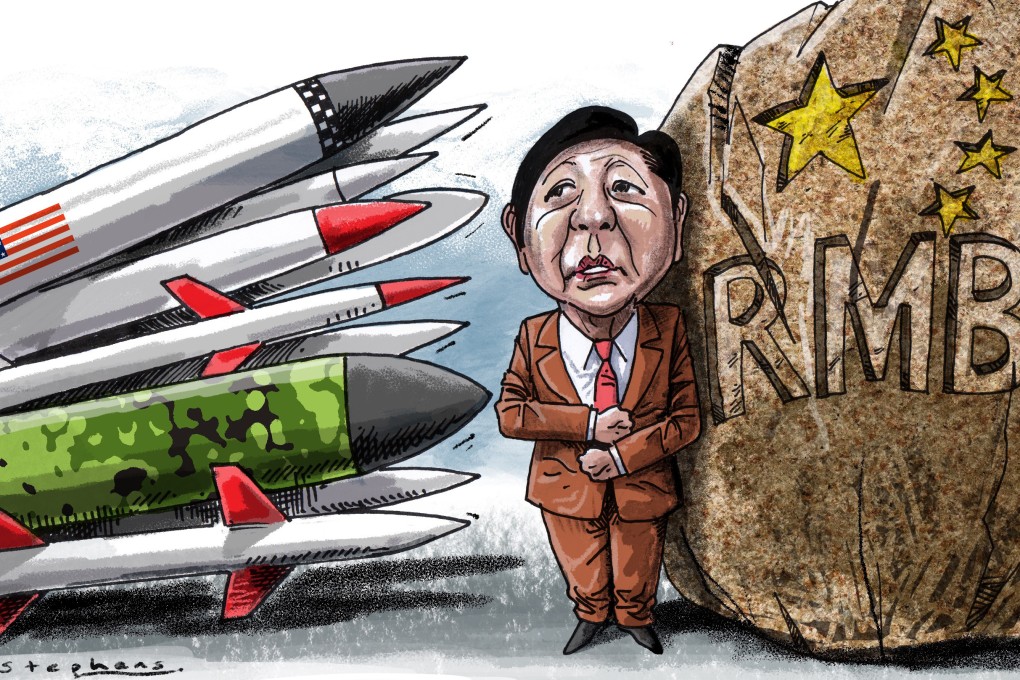Opinion | US-Philippines alliance under pressure as closer ties risks a Chinese backlash
- Greater pledges of US aid and Philippines moves to ‘re-examine’ military cooperation could be seen as signs of stress in the alliance
- Manila recognises China’s military and economic dominance, raising the need for hedging and trying to preserve relations with both sides

On October 14, when the USS Ronald Reagan aircraft carrier strike group docked in Manila after a three-year absence, the United States announced a grant of US$100 million in foreign military financing to the Philippines. This synchrony was not a coincidence.
This came on the heels of a speech on October 2 by Imee Marcos, head of the Philippines Senate’s Foreign Relations Committee, at a forum on US-Philippines relations hosted in Washington by the Centre for Strategic and International Studies. Marcos, the older sister of Philippines President Ferdinand “Bongbong” Marcos Jnr, gave some responses the audience might not have expected.
An assessment of the development aid in the Enhanced Defence Cooperation Agreement (EDCA) is also proposed, as well as an in-depth study of the consequences for the Philippines of the US-led Quad and Aukus security arrangements.
The Philippines is already the largest recipient of US military assistance in the region, but it wants more. According to Philippines political analyst Rommel Banlaoi, the elder Marcos’ plan probably means the Philippines wants to get more from the US in terms of military aid and other forms of assistance.
